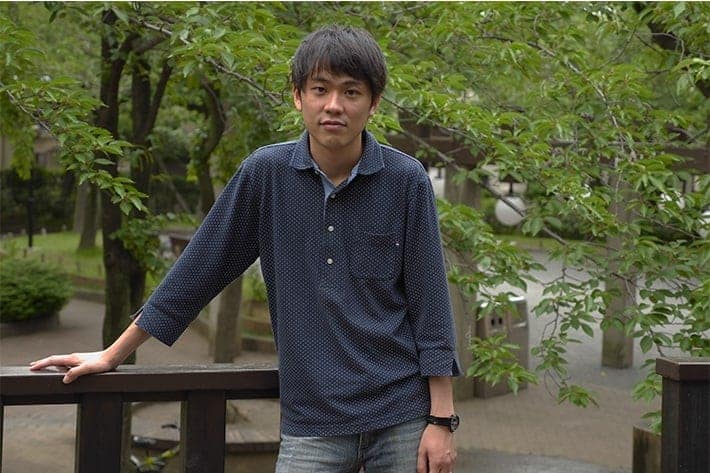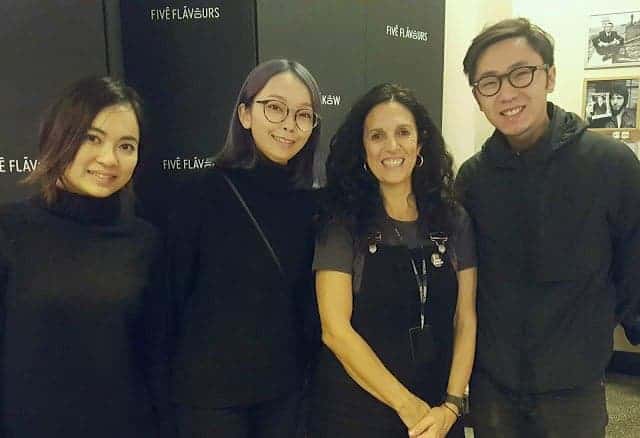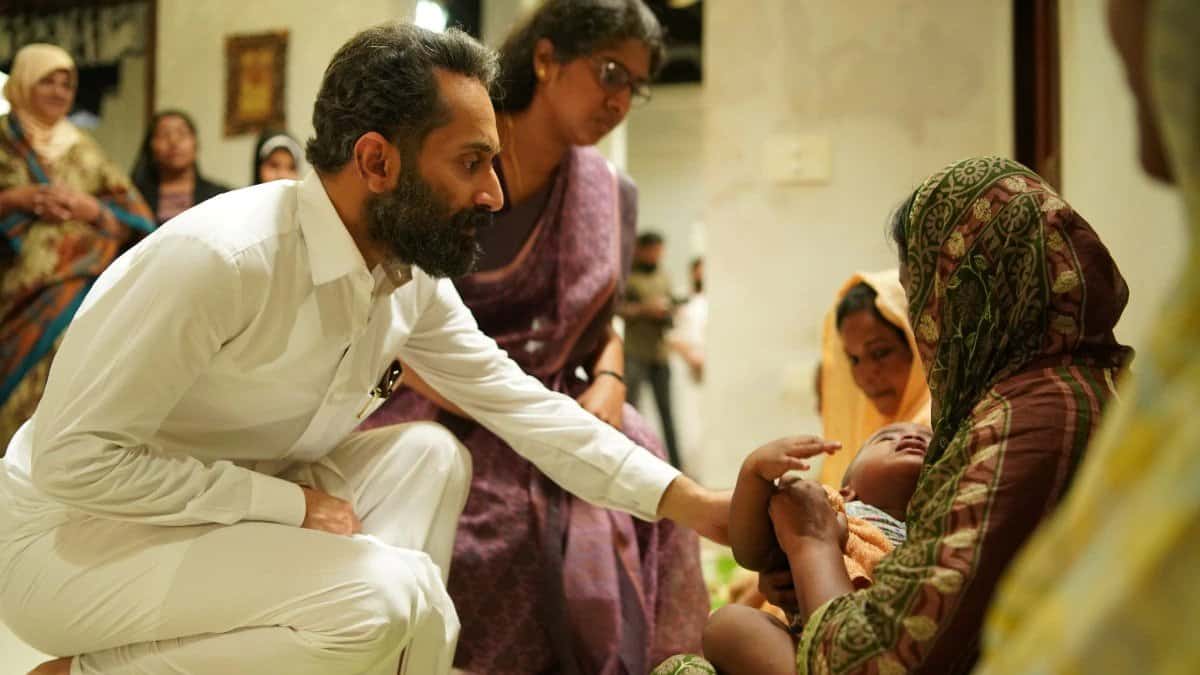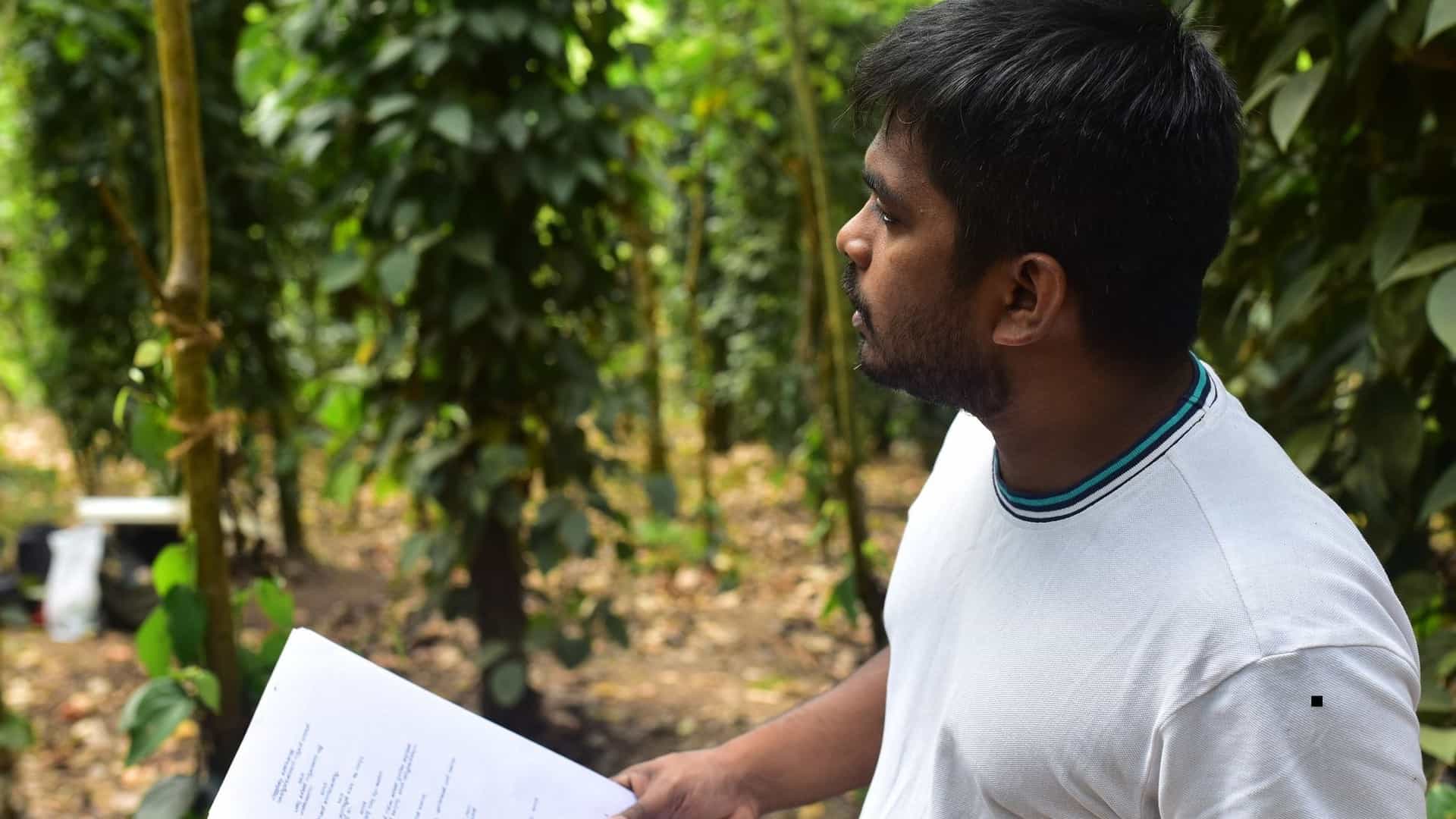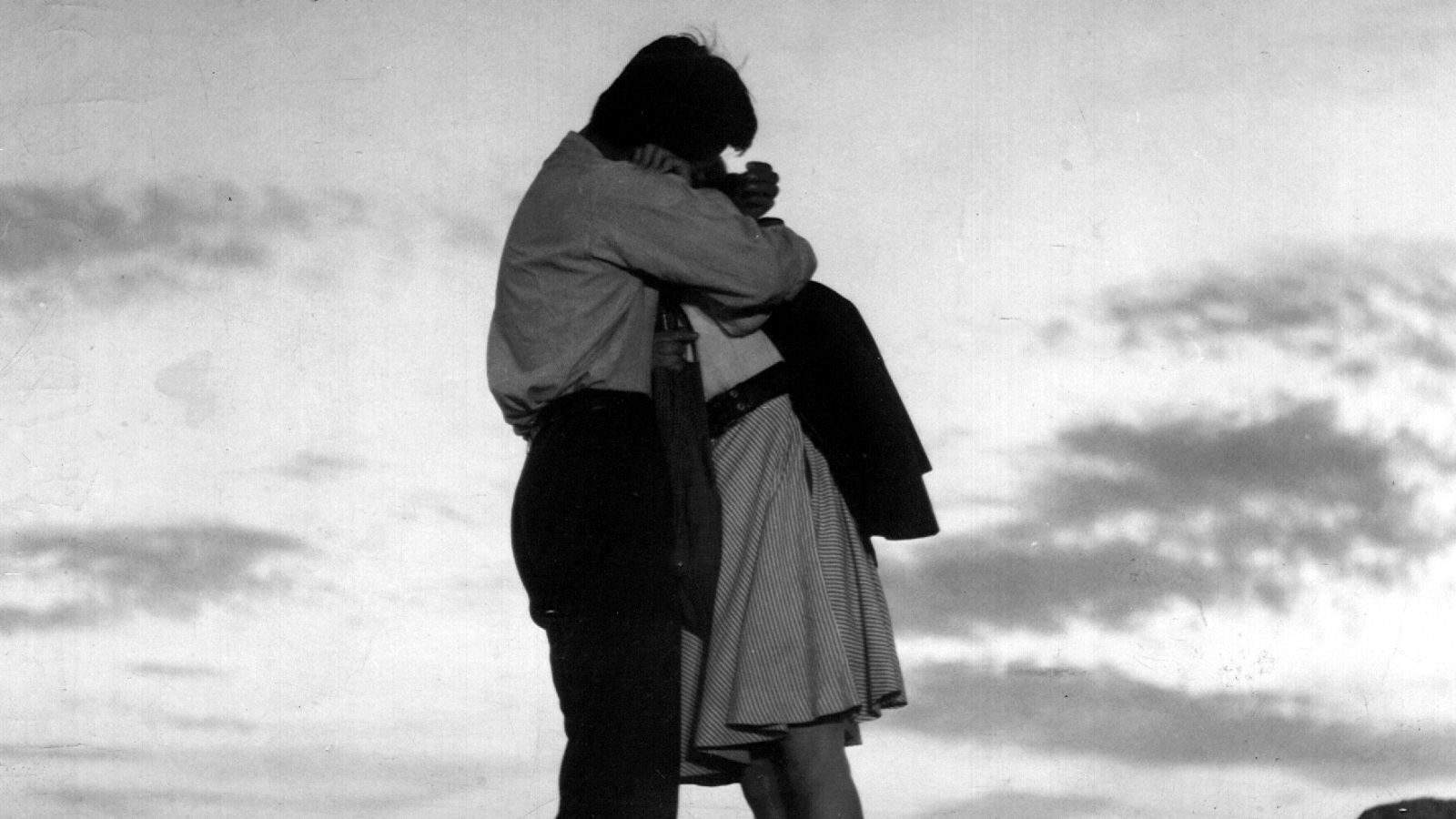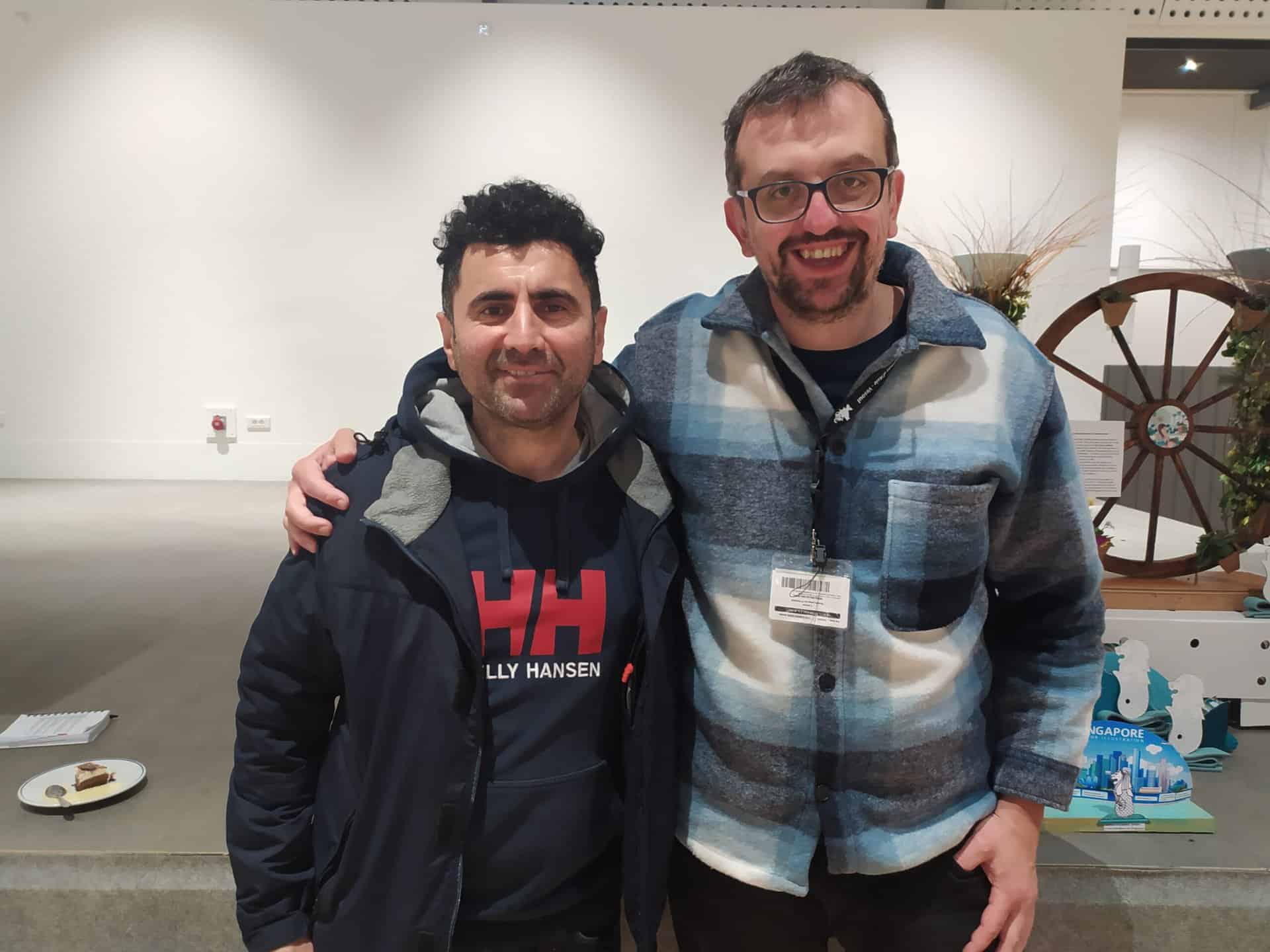Born in 1986, director Satoru Hirohara studied at Masashino Art University and Tokyo University of the Arts. In 2010, his first feature film “Good Morning to the World” was released and ever since then, this one as well as his following features have gained Hirohara the attention of critics and audiences nationally and internationally.
“Dawn Wind in my Poncho” is his fifth feature film and deals with issues such as the transition into adulthood, friendship and identity. We sat down with the director to talk about his films, the shooting process as well as the situation of youth in Japan in general.
“Dawn Wind in my Poncho” screened at Nippon Connection

Your film “Dawn Wind in my Poncho” was screened at Nippon Connection which in this year had the topic of “Outlaws and outsiders in Japanese society”. With regards to the film industry of your home country, would you consider yourself an outsider or an outlaw?
I am not so conscious of the film industry and have never thought to be an outsider or an outlaw. I just want to keep making films in a natural way to me as possible.
The story of growing up and facing decisions in life is a universal topic. What sets your story apart?
Growing up and facing decisions in life is a typical pattern in teen films, but I did not want to make my film to impose ‘growth' on young people.
What I tried to do in this film is to have no negative opinions about ridiculousness and lack of seriousness of the film. Young people in here struggle to change the future, which is actually impossible, and repeat mistakes. You might think they never grow up but I really love them. They never give up, just keep moving.

You have once stated the danger with these films is to deliver a
“clear message”. Can you explain that view?
If audience see the film and understand a clear message, which can be easily put into words, they will not watch the screen much and stop thinking. They can only give a boring response like for or against the message. Although any audience has its own way of responding to the film, it ruins the personality. This is actually what I often fall for, so try not to.
In your mind, what would you say are the challenges young people have to face after leaving the protective shell of their homes and their schools? Is there anything that is specific for Japanese youth?
It depends on their economic situation though, I think most youth see a bleak future for Japan. It is quite natural because there are tons of companies and adults regarding young people just as labor force which costs less in Japan. Finding fulfilling work is very hard in such a world.
Since your film also deals a lot with the relevance people attach to status symbols such as cars and certificates, what is your opinion on the importance of these items?
The car in the film is very important status for a father but just a vehicle for Matahachi and his friends. I find it interesting that something being symbolized or status works as mere object.

How did you work with the young cast in the film? They have an incredibly good chemistry together.
They had already known each other and are good friends. Thanks to it, there was something of a free atmosphere; anyone could do anything. I could ask them when I did not know how to proceed and the actors gave me various ideas then. I tend to be a bit nervous when I talk with the cast but they were very friendly and comfortable. It was a real fun working with them.
What was your approach in terms of cinematography and editing?
How to shoot is mostly the idea from a cameraman. I just thought about not making too much camera blocking and leave room for the cast to play ad-lib. Also, I wanted to use the front and the back well like in a Jean Renoir film.
I think the cameraman did a great job by responding to the cast. The most outstanding was the gaffer. When the casts were acting, I never minded where the lighting was. It made me so easy to work.
What is your opinion of the Japanese industry at the moment?
Because the budgets are low anyway, salaries are also low in spite of the hard work done on the spot. I also shot this film in about two weeks. It is a serious problem that young people leave soon and no assistants are trained.
However, a large number of Japanese films are produced now. One producer said that the low budget film cannot maintain the company without mass production. It is a real vicious cycle.

Are you working on any future projects?
Yes. I am just planning a historical drama. It is a love story with the theme of Bon Odori, which is a traditional Japanese dance. I am provided a grant to make a pilot film for a historical film studio in Kyoto.
I am also working on an original project which deals with a hit-and run case. The story is about a dog that escapes from a car under the sea and starts pitching into people. The script is already done and received a scenario award. Yet, I still have a long way until it is made into a film.


